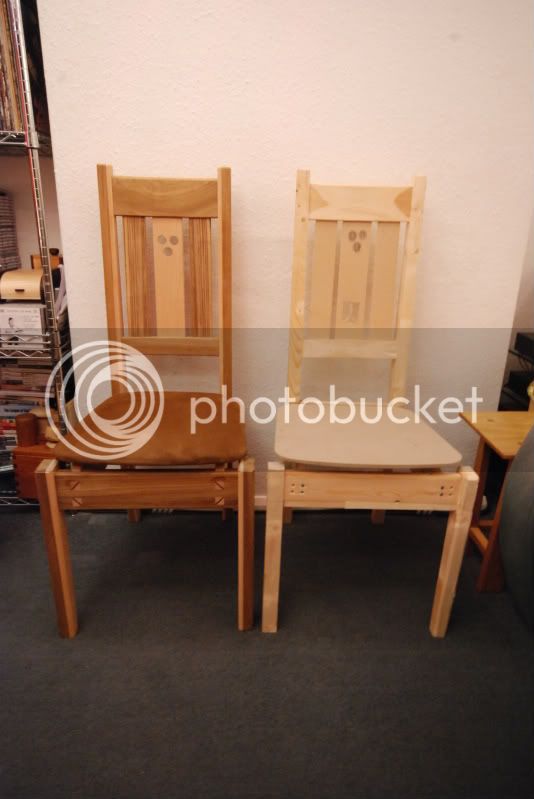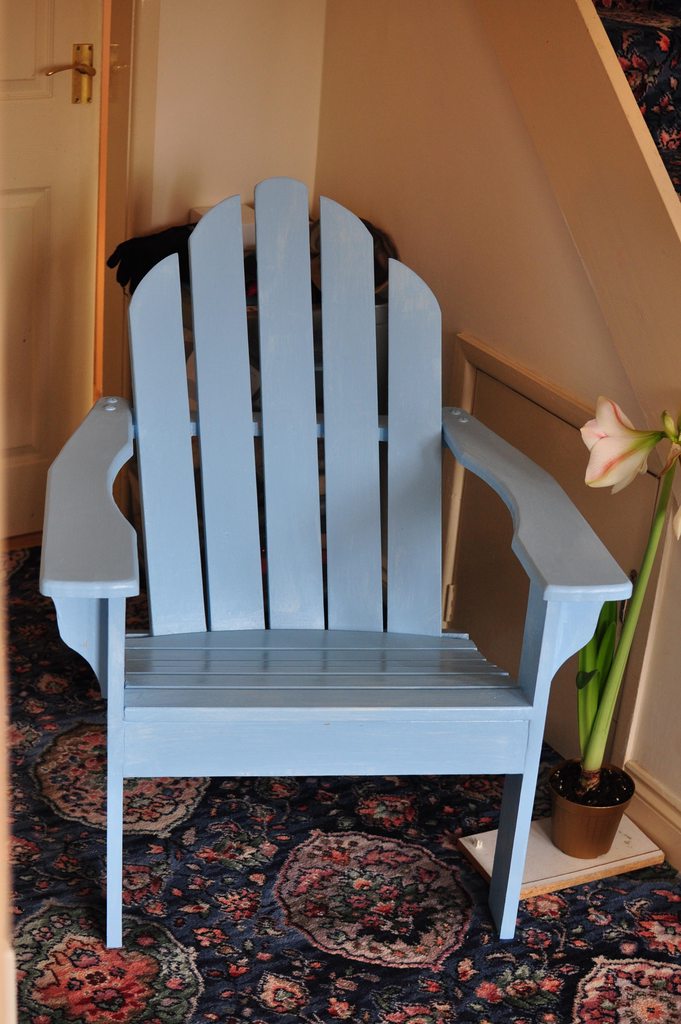Dandan
Established Member
Hi all,
After reading the 'bucket list' thread, it reminded me that my list includes replacing pretty much every piece of furniture in our house with something made by me.
I'm currently building a workshop to allow me to do just that (it's in the projects section but is just a hole in the ground right now!), but when I am ready to start making some stuff, I have to deal with the fact that I'm a complete newcomer to fine woodworking, so I've no real idea in what order I should tackle the projects.
I think I underestimated the skill level required for some of the more complex projects, I imagined that purchasing the right quantity of timber and watching a few Youtube videos would result in a perfect finished product, whereas the reality is more likely to be a glue-spattered, geometrical oddity that could be most generously described as a 'learning experience'.
The more I read this site, the more I appreciate the levels of experience and skill behind the pieces, which is something I'm keen to try and accrue, but I'd like to do it without too many furniture-based casualties along the way.
So with my new, suitably humbled attitude to woodworking, what order would people suggest that I approach a whole house worth of furniture?
I have a couple of things that will need to be at the top of the list, namely a workbench, doors, windows and frames, but as these are all for the workshop and not for the house then I am willing to let them be of a somewhat more amateur finish.
After that, these are the major items that I'd like to make, in what I *think* might be a sensible order:
Coffee table
Bookcases x4 or 5
Internal doors x5
Bedframe
Desk
Large sideboard
Front door
Dining Table (probably not chairs)
There will no doubt be smaller items in between these things which might be a good way of honing skills (and generating christmas presents for the family) but I think that's the bulk of it.
I'm under no illusions that I could complete this list any time soon, I'm happy that it will most likely run to decades rather than mere years, but I'm after any input as to what projects might be harder or easier than others, cheers!
After reading the 'bucket list' thread, it reminded me that my list includes replacing pretty much every piece of furniture in our house with something made by me.
I'm currently building a workshop to allow me to do just that (it's in the projects section but is just a hole in the ground right now!), but when I am ready to start making some stuff, I have to deal with the fact that I'm a complete newcomer to fine woodworking, so I've no real idea in what order I should tackle the projects.
I think I underestimated the skill level required for some of the more complex projects, I imagined that purchasing the right quantity of timber and watching a few Youtube videos would result in a perfect finished product, whereas the reality is more likely to be a glue-spattered, geometrical oddity that could be most generously described as a 'learning experience'.
The more I read this site, the more I appreciate the levels of experience and skill behind the pieces, which is something I'm keen to try and accrue, but I'd like to do it without too many furniture-based casualties along the way.
So with my new, suitably humbled attitude to woodworking, what order would people suggest that I approach a whole house worth of furniture?
I have a couple of things that will need to be at the top of the list, namely a workbench, doors, windows and frames, but as these are all for the workshop and not for the house then I am willing to let them be of a somewhat more amateur finish.
After that, these are the major items that I'd like to make, in what I *think* might be a sensible order:
Coffee table
Bookcases x4 or 5
Internal doors x5
Bedframe
Desk
Large sideboard
Front door
Dining Table (probably not chairs)
There will no doubt be smaller items in between these things which might be a good way of honing skills (and generating christmas presents for the family) but I think that's the bulk of it.
I'm under no illusions that I could complete this list any time soon, I'm happy that it will most likely run to decades rather than mere years, but I'm after any input as to what projects might be harder or easier than others, cheers!






